
Helping the Paralyzed
Researchers at the Kentucky Spinal Cord Injury Research Center, USA, have pioneered a technology that helps paralyzed people walk again. According to Professor Susan Harkema, PhD., who led the research, thousands of neurons that control movement can die at the site of a spinal injury. But “There are millions more below the injury that are healthy and have the capacity to relearn, make decisions and integrate new connections from the brain.”
After implanting electrical stimulators in the spines of study participants, researchers were surprised to find that one completely paralyzed patient could then wiggle his toes. Building on that serendipitous discovery, researchers worked with him and three more paralyzed patients, training them first to stand then to take steps. Two are now walking with the aid of walkers.

Heart Health Warning
Most heart attacks are caused by plaque build-up that narrows the arteries and can be seen on CT scans. But what if doctors could predict where—in which arteries—plaque would accumulate? A new CT scan technology, developed in Germany, the UK, and the US analyses the inflammation in arteries to determine which are in danger of developing blockages five or more years before they actually do, in time for people to make potentially life-saving lifestyle changes.
Check out 50 heart health tips your cardiologist wishes you knew.
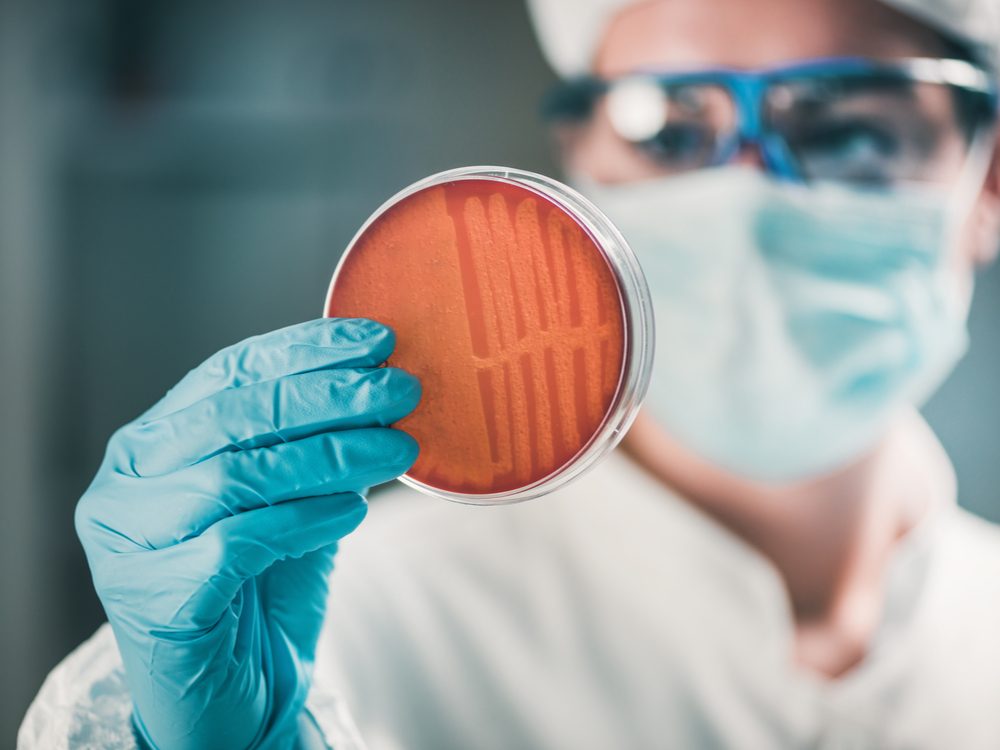
Beating Antibiotic-Resistant Bacteria
Bacteria that have become drug-resistant due to antibiotic overuse could lead to 33,000 deaths in Europe every year. But a combination of antibiotics and probiotics (so-called “good bacteria”—such as the microbes that turn milk into yogurt) were recently shown to destroy two strains of drug resistant bacteria that infect wounds. Though neither probiotic or antibiotic alone could entirely kill the super-bugs, a one-two punch from both together,“ completely eradicated the bacteria,” research scientist Ana Jaklenec, PhD., of MIT in Massachusetts says in a press release.
Here are 12 things everyone thinks are contagious—but aren’t!
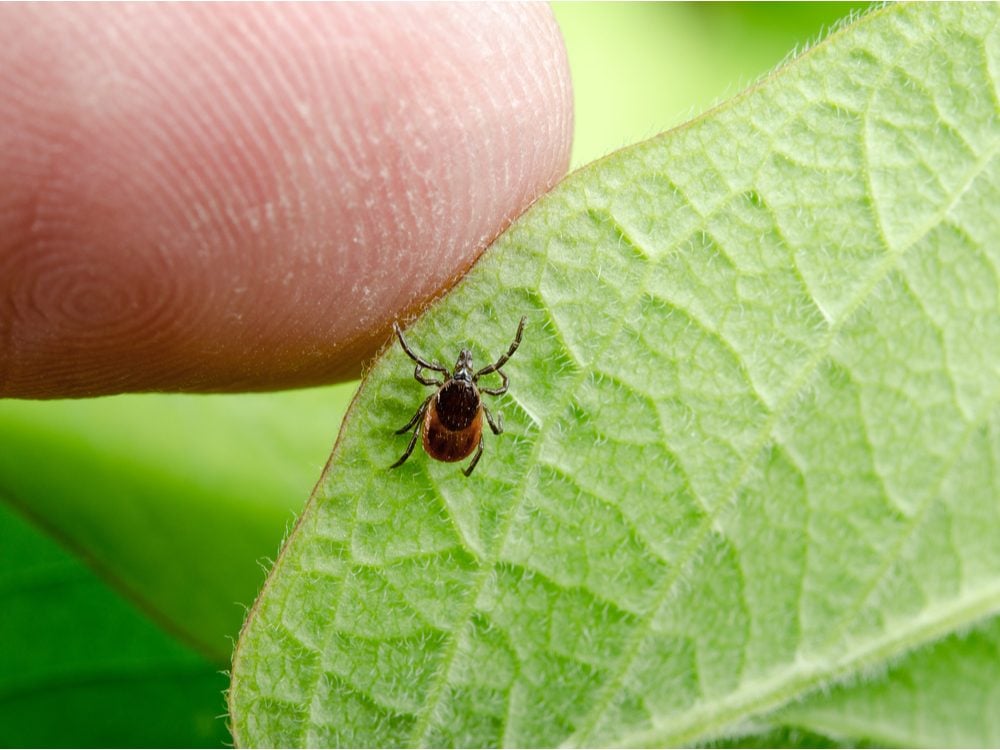
Lyme Disease Diagnosis
Early diagnosis and treatment of Lyme Disease gives sufferers a much better chance of rapid, complete recovery, and less risk of suffering from long-term effects such as Lyme arthritis. But symptoms of the disease can easily be mistaken for other illnesses and test results can take up to three weeks. Now a new test can rapidly detect Lyme disease by identifying its DNA in a blood sample. The advance, outlined in the journal Clinical Infectious Diseases, has the potential to transform outcomes for those infected by the Lyme tick, according to the study’s lead author Dr. Steven Schutzer, a researcher at Rutgers New Jersey Medical School.
You’ll wish you knew these facts about lyme disease sooner.

Curing Essential Tremor
Retired teacher Julia Czyz, 78, of Denton in Texas, loved painting and other crafts. But in 2006 she developed a tremor in her right hand that was diagnosed as essential tremor. This most common of movement disorders can cause uncontrollable shaking. Julia’s condition soon progressed to the point where she could no longer write her name.In June 2018 a new procedure, focused ultrasound, gave Julia her life back. Doctors fitted Julia’s head with a device that resembled a rimmed helmet, slid her into an MRI machine and directed ultrasound waves to the precise neurons causing her tremors, zapping them out of existence without harming surrounding brain tissue.
To test whether they had eliminated the problem, they slid Julia out of the MRI several times and asked her to hold a water bottle. Each time her tremors were reduced further until finally they were completely gone. “That moment when I realized that my hand was steady was magical,” says Julia.
Here are 15 more incredible medical discoveries from around the world.
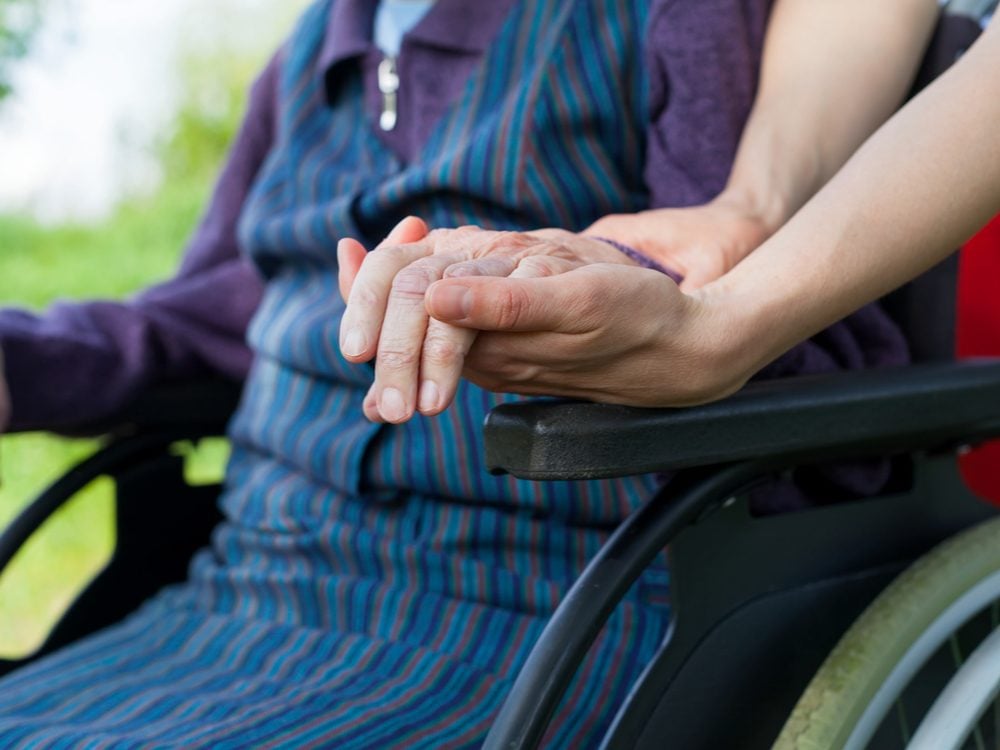
Slowing Parkinson’s Decline
In recent years researchers began noticing a side-effect among people who took a type of blood pressure medication called calcium channel blocker. A large study found that 29 per cent fewer of them than expected developed Parkinson’s. Even among those who already had the disease, these drugs appeared to slow its progression.
Now researchers are testing the most promising of these drugs, isradipine, in a clinical trial. If the trial confirms that it can slow functional decline, “It will change the way we treat Parkinson’s disease,” says Dr. Tanya Simuni, director of the Northwestern Medicine Parkinson’s Disease and Movement Disorders Center in Chicago. And since isradipine is in wide use already, it could be made available quickly to those who need it.
According to a major health study, Parkinson’s disease could start in this area of your body.

Drug-free Treatment for Depression
“I feel like I’ve been in a dark tunnel for most of my life,” says 69-year-old Daniele Brege of Waterloo, Belgium. Daniele has suffered a deep lingering depression from bipolar disorder and while medications have made life bearable, they didn’t completely lift the gloom. In 2018, her psychiatrist suggested she try a new treatment called trans-cranial direct current stimulation (tDCS), in which electrodes, placed on the scalp for about 20 minutes, deliver a noninvasive, low voltage jolt to the part of the brain related to depression’s symptoms.
Daniele says tDCS has been a “miracle” for her. “I became the person I used to be before I was ill.” She and her psychiatrist are now discussing the possibility of reducing her depression medication.
Considering seeing a psychiatrist yourself? Here’s how to get the most out of therapy.

Fish Oil Proves Its Worth
Many people take fish oil to lower their heart disease risk. But doesit work? A recent study has just provided the best evidence yet that it can. People with high triglyceride levels who took 4,000 mg of the purified fish oil supplement Vascepa per day reduced their risk of heart attack and stroke by about 25 per cent compared to those who took a placebo. Vascepa, available by prescription, contains 4,000 mg of eicosapentaenoic acid (EPA), one of the two main omega 3 fatty acids that earlier research suggested were beneficial.
Get to know more health benefits of fish oil.
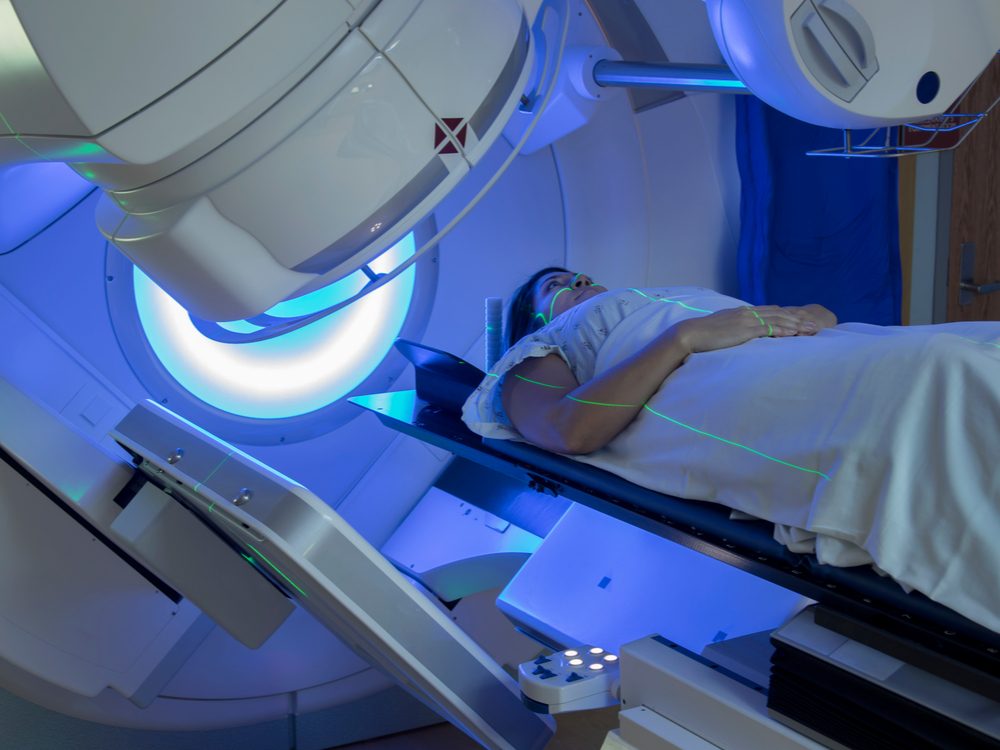
Extending Life With Radiotherapy
It’s not necessarily the initial tumour that makes cancer deadly, but the spread of the disease to other parts of the body. At that point, many cancers are considered incurable. But two new studies have shown that high-dose radiation, or radiotherapy, to the new tumours can prolong lives. In one multi-national study, almost half the patients with lung, colon, and breast cancers that had spread were still alive five years after being given radiotherapy, compared to only a quarter who survived in the control group with no radiotherapy treatment. A second Swiss-UK study of men with prostate cancer reported that radiotherapy improved survival in men whose cancer had moved beyond the prostate when the metastases were limited to lymph nodes or nearby bones.
These are the signs of prostate cancer men should never ignore.

Ten Minute Cancer Test
Australian researchers have developed a test that can detect cancer in ten minutes with 90 per cent accuracy. What’s more, says the study, published in December 2018 in Nature Communications, the “process can be detected by the naked eye as a visual colour change.” DNA derived from blood plasma is added to water mixed with gold nano-particles. Pink means cancer is present; blue means cells are healthy. If cancer is detected, diagnostics must be run to identify its source.
These are the myths about the causes of cancer doctors wish you’d stop believing.
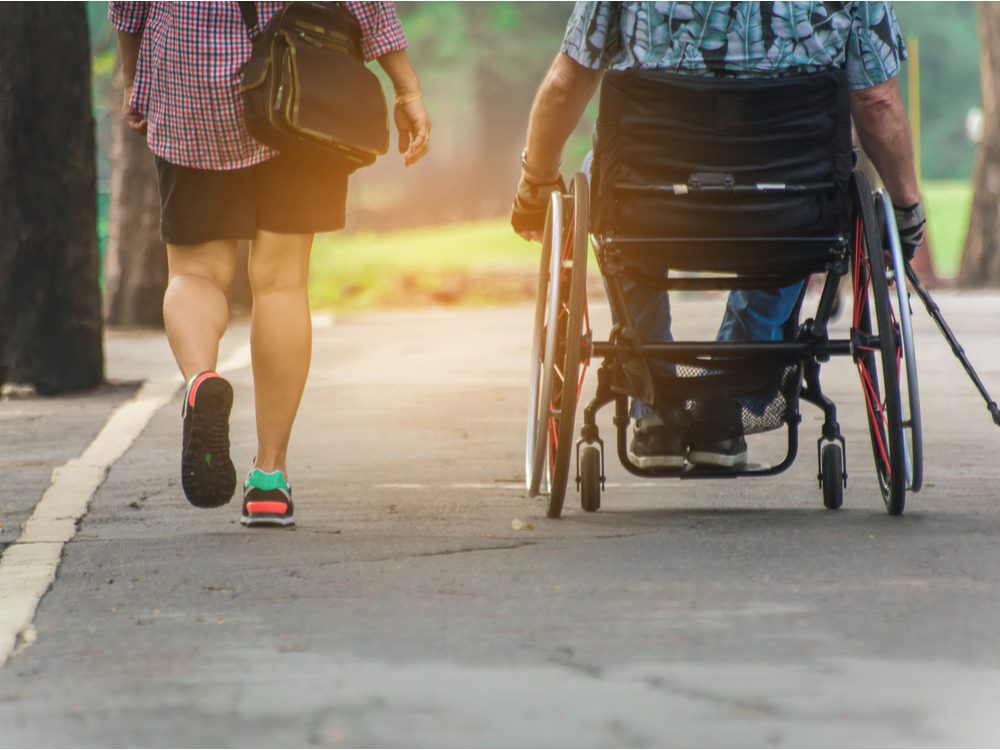
Overcoming MS
In multiple sclerosis (MS), the immune system, designed to protect us from outside threats, gets confused and instead attacks its central nervous system. Until recently the prognosis for people with severe MS was not promising. But an experimental treatment called Haematopoietic Stem Cell Transplantation (HSCT) is helping some people fight against the disease and even to reverse its effects.
Roy Palmer, 50, of Quedgeley in Gloucestershire County, England, was diagnosed with MS in 2003 and the disease progressed aggressively until in 2008 he was confined to a wheelchair. In 2016 he learned that HSCT treatment might help him walk again. But it was risky—it involved destroying his immune system. Roy decided it was worth the chance, and started the treatment in October 2017.
Doctors first harvested Roy’s own stem cells. They then used chemotherapy to wipe out his malfunctioning immune system. Next, they reintroduced his stored stem cells into his body where, if all went well, the cells would reboot the immune system, building it more or less from scratch.
By Christmas 2017 Roy Palmer was walking with the help of a frame. He kept improving and today he’s even dancing. “It’s amazing to be able to get into my vehicle normally,” says Roy. “What’s most amazing of all is walking side by side with my wife, son and daughter.”
Read how this woman learned to cope with a multiple sclerosis diagnosis at 27 years old.
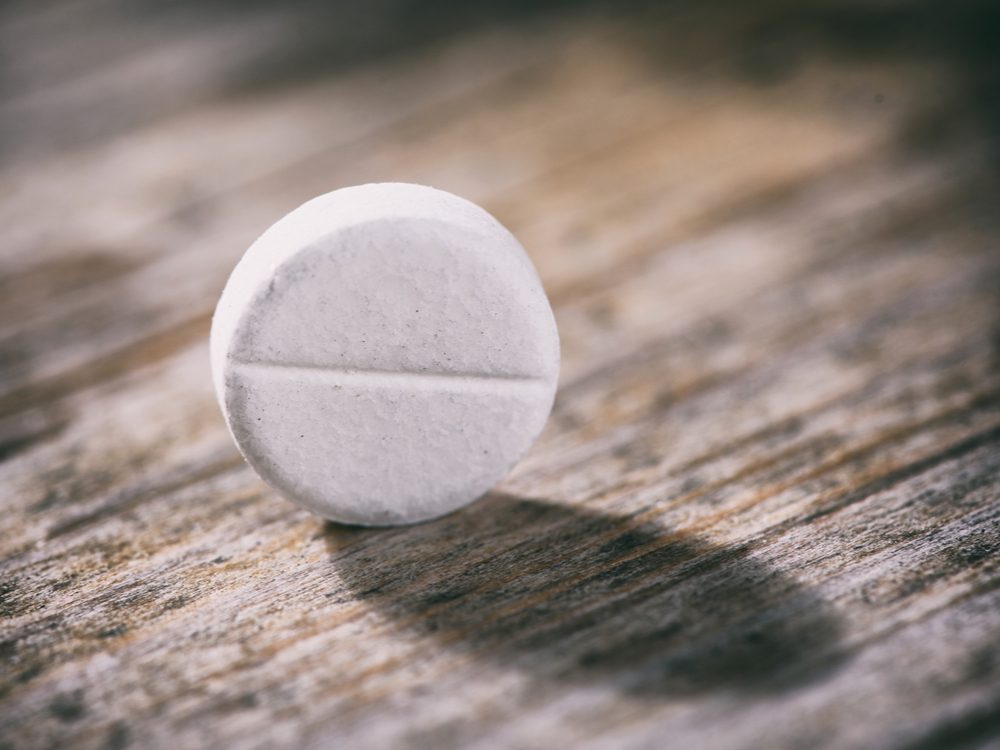
Lowering Cancer Risk With Aspirin
Aspirin has been hailed as a wonder drug for more than 100 years, first for pain relief, then for lowering heart attack risk, and more recently for reducing the risk of pancreatic and colon cancers. The latest: daily aspirin cuts the risk of liver cancer by as much as 49 per cent, says research published in JAMA Oncology in October, 2018. The benefits were seen in people who regularly took at least 487.5 mg per week for five years. Another study, published in the same issue, found that low-dose aspirin use appeared to reduce the risk of ovarian cancer.
Learn how to spot the telltale signs of liver cancer.
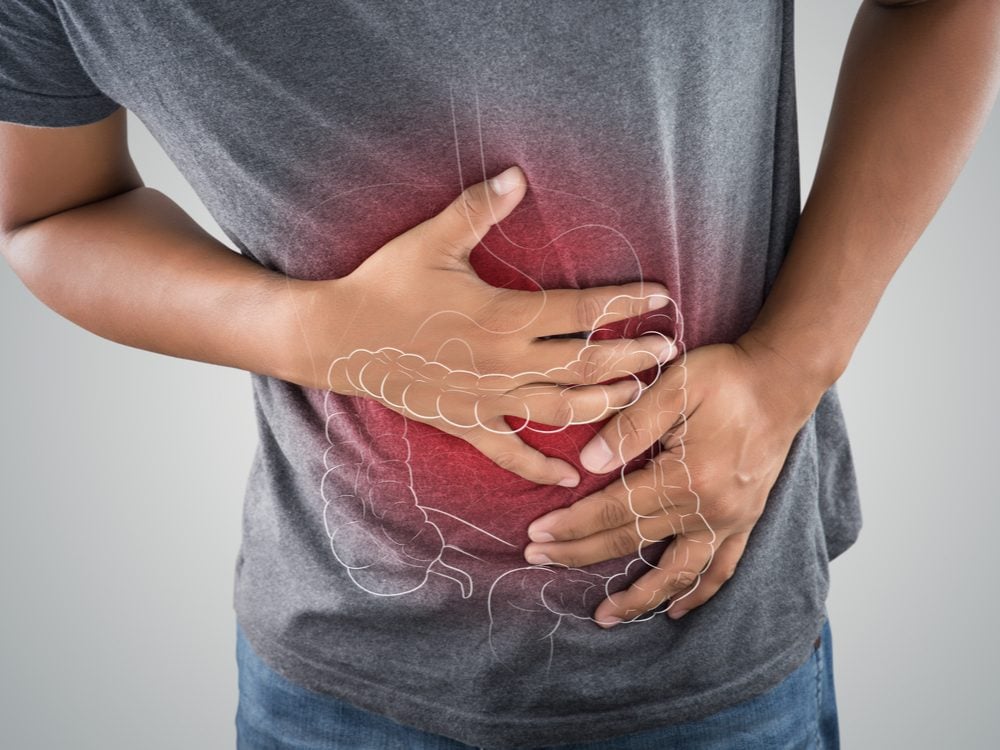
Easier Colon Polyp Removal
During a colonoscopy a doctor can snip away small polyps, but larger ones typically require open surgery. Now a device called the Flex Robotic System makes removal of some larger polyps, including early stage cancerous ones, a minimally invasive procedure. (Don’t miss these colonoscopy preparation tips doctors wish you knew.)
“What’s special about our robot is it’s flexible, like the scope used in a colonoscopy,” says Kevin Fitzpatrick of Medrobotics, the Raynham, Massachusetts, USA company that makes the system. The device, with surgical instruments tucked inside, can follow the twisty anatomy of the colon to remove polyps in areas that would otherwise be impossible to reach without full-blown surgery.
Never ever ignore these colon cancer symptoms.
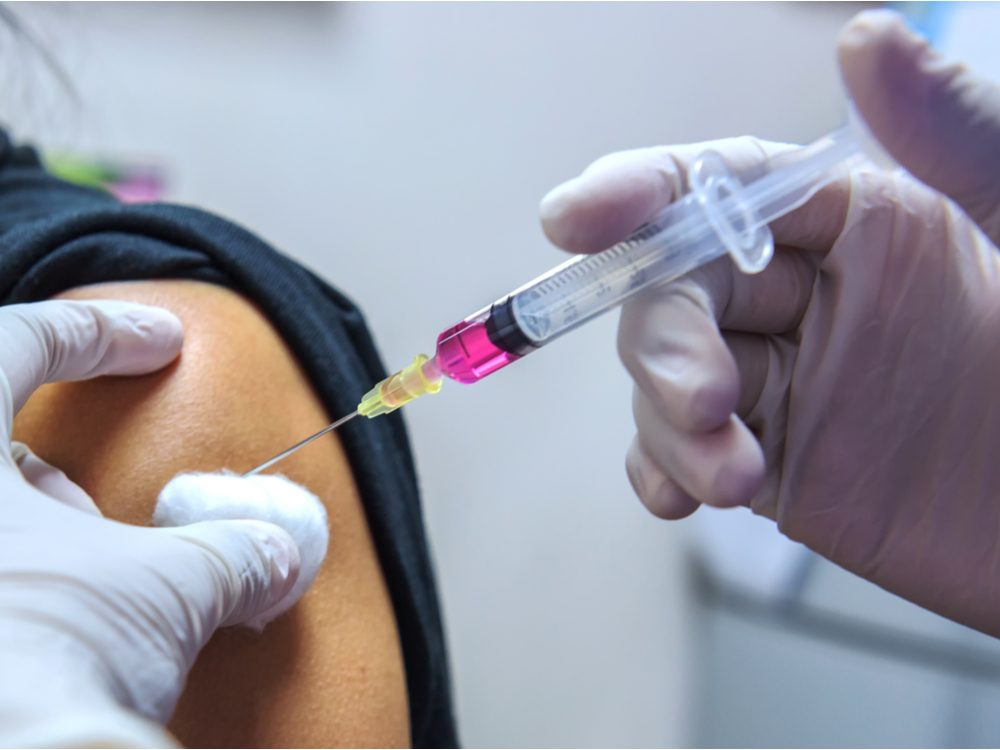
Celiac Disease Vaccine
What if it were possible for the gluten-intolerant to enjoy bread, pastries and cookies—and not just the gluten-free kind? If a new vaccine, Nexvax2, which began Phase Two clinical trials in Australia, New Zealand and the U.S. last year proves effective, that could soon be a reality. The vaccine includes a tiny amount of the gluten protein that causes the inflammatory reaction of celiac disease. As the vaccine amount is slightly increased over time, it’s hoped that people with celiac disease will build up enough tolerance to safely eat foods they’ve missed.
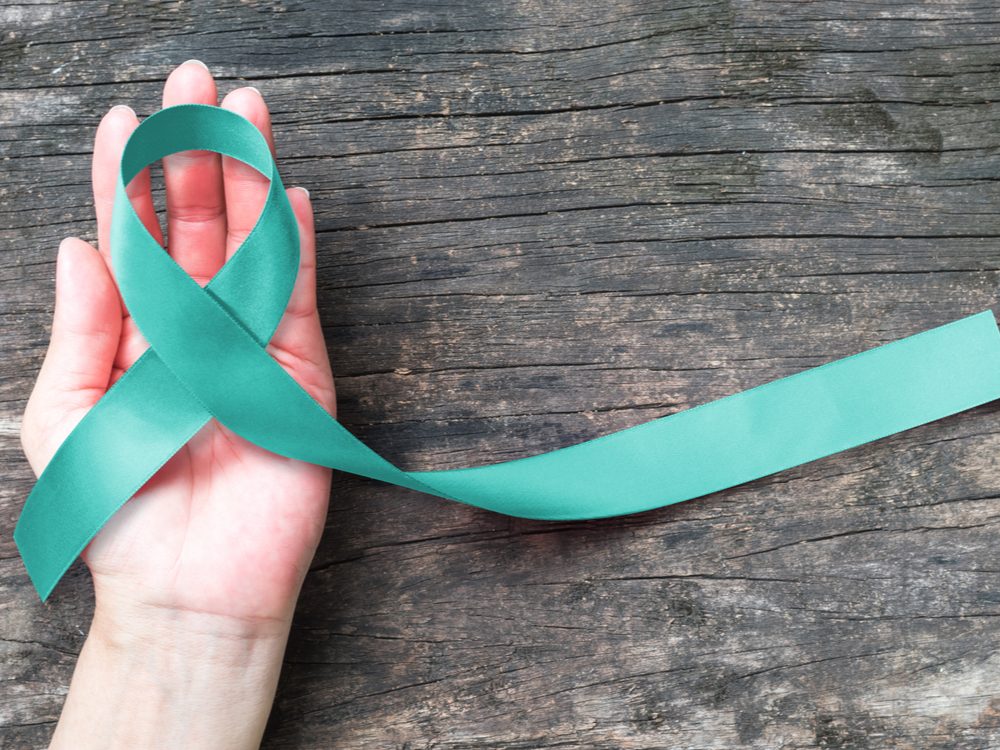
Ovarian Cancer Detection
Because ovarian cancer is usually diagnosed only after it’s progressed, just 30 to 50 per cent of women survive for five years. Now a substance present in the blood of 90 per cent of those with early stage ovarian cancer and 100 per cent of those with later stage (but not at all in healthy women) has been identified by Australian researchers. A blood test designed to detect this substance could change the survival odds for a great many women.
Get to know the health symptoms you should never ignore.

Peanut Allergy
Peanut allergies are the deadliest of food allergies. So researchers trying to desensitize allergic people to the legume introduced them to a drug that contains minuscule amounts of peanut protein, the dose of which they slightly increased over time. The result: allergic responses of those who received the drug were less severe than of those who received a placebo. That small variation in reaction could mean the difference between life and death.
Next, check out 40 new health studies that will change the way you live.